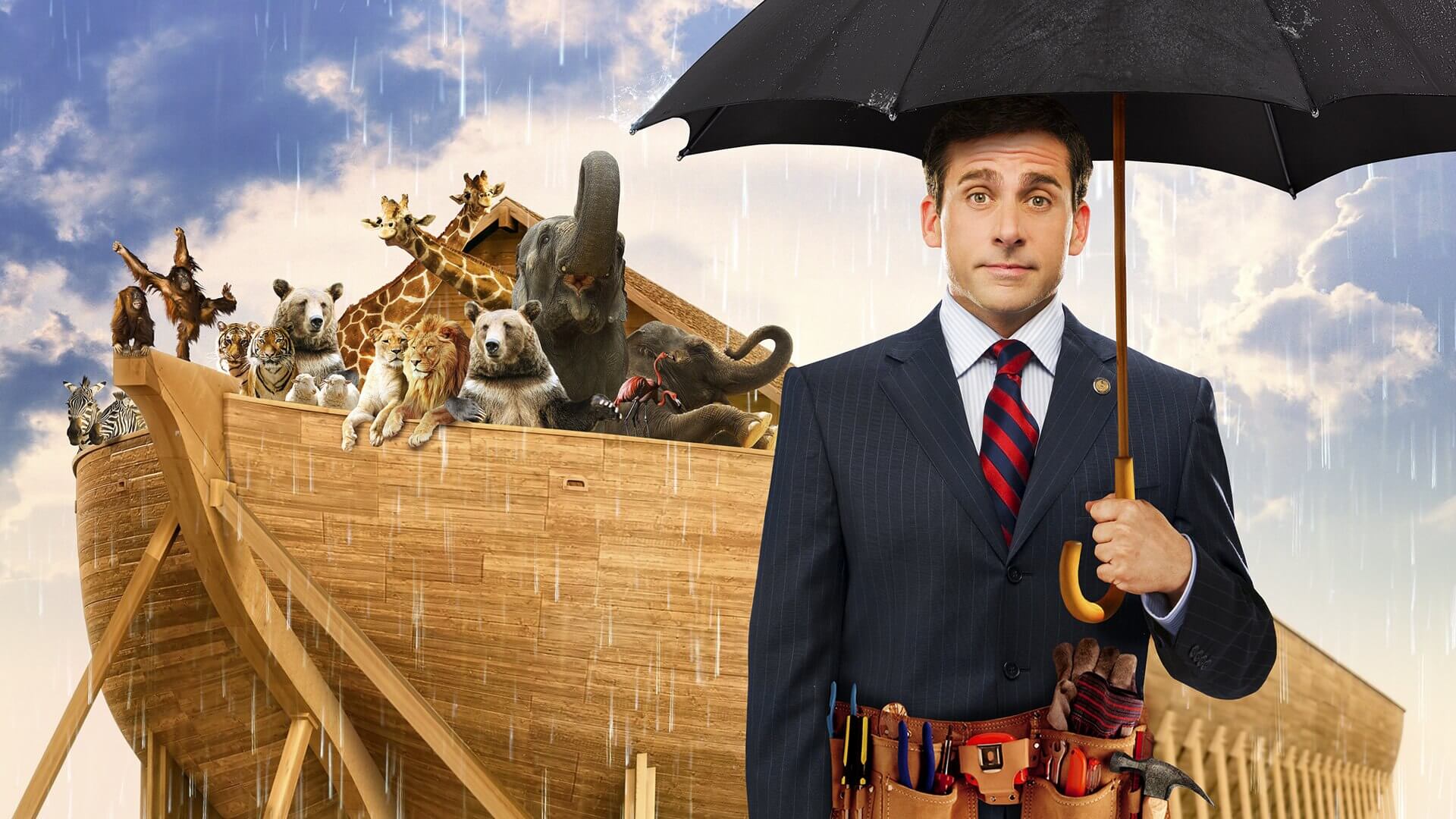You’re watching a movie, getting invested in the characters, watching the tension build, and then boom—just as you’re about to get to the emotional payoff, a frown forms across your lips and you utter those ever so dreaded words: “That’s so cliche.”
Cliche MEANING AND Examples
Be clear on cliches
First, we need to properly define cliche. Then we’ll hone in on some examples so you'll know how to keep them out of your own productions.
CLICHE DEFINITION
What is a Cliche?
Derived from French, the word cliche describes something we understand to be typical or repetitive. The French cliche quite literally translates to stereotype in English. But the standard cliche definition has changed slightly in the century and a half since it was first invented. Currently, any cliche definition generally refers to something that’s overused—a phrase, an action, or a storytelling device.
Now let’s look at some cliche examples.
Cliche Meaning and Examples
Cliche examples
Cliches are everywhere– that’s why they’re cliches. In our day to day, we mainly hear cliches in conversation. Take a look at these phrases and think about how often you’ve heard them.
- Tail between their legs
- Read between the lines
- Time flies
- Opposites attract
- Plenty of fish in the sea
- Blast from the past
- Early bird catches the worm
Using phrases like these in your prose can result in writing that feels unimaginative and uninspired. The next time you feel tempted to write a cliche, think about what you’re trying to say, and come up with a more unique and specific way to say it.
Thought-terminating cliches
Thought-terminating cliches are perhaps the worst kind of cliche. These are phrases that can bring complex conversations or discussion to a halt by providing an answer that is both irrefutable and kind of meaningless. Here are some thought-terminating cliches:
- You win some, you lose some.
- Rules are rules.
- Take it or leave it.
- Let’s cross that bridge when we get there
As a writer, you should want to get your reader or viewer to think, and so a thought-terminating cliche, by definition, is best avoided.
One last job
This is a classic heist movie trope, where seasoned criminals, often begrudgingly, team up for a final score. Predictably, this final score goes sideways. You can see the “one last job” trope in movies such as The Town, Ocean’s Eleven, Inception, and Heat.
Related Posts
The dead parent
Audiences are drawn to characters with tragic backstories. And what’s more tragic than a dead parent? Writers will often lean on this trope to quickly build sympathy for a character and show that they’ve had to find their way on their own.
The dead parent trope can be found in a lot of comic book & graphic novels heroes’ backstories, such as Superman, Batman, and Spiderman. But it extends beyond comics, as you can see in The Lion King, Harry Potter, and The Hunger Games.
The love triangle
He loves her, but she loves him. Swap a gender here and there and we’ve seen this character dynamic countless times. It can still be done in fun and innovative ways, but taking a straightforward approach to a love triangle can result in retredding well-worn territory.
Here are just a couple of the many, many, many love triangles in pop culture: Twilight, The Great Gatsby, and Wuthering Heights.
The bad dad
Nearly everyone has a complicated relationship with their father. And so there is no shortage of literature, film, and TV about emotionally distant or toxically masculine father figures that bring inner anguish to characters. The genre where this trope is most prevalent is the memoir– stories where an author is wrestling with their relationship with their dad make up 70% of the genre.
Related Posts
CLICHE EXAMPLES
How to avoid cliches in writing
Cliches are so widespread that they're practically ingrained in our everyday lives. That's not always a bad thing: Savvy writers can actually comment on their omnipresence for dramatic and comedic effect. Let’s look at a few examples where a writer was able to subvert a cliche.
Scream
Screenwriter Kevin Williamson's Scream is superficially similar to standard slasher fare, but the characters' awareness of horror movie cliches allows them to stay one step ahead of the serial killer who preys upon them.
If your script's characters are as hip to cliches as audiences are, then how will they possibly predict where your script is headed. Scream proved that you can use cliche to throw viewers off your trail, and slews of similarly self-aware horror scripts followed in its wake.
A Series of Unfortunate Events
We already discussed the dead parent cliche, and Lemony Snicket makes full use of it in his famed series. But Snicket uses the death of the Baudelaire orphans’ parents as a way to illustrate their near-constant string of bad luck. It’s not just a tragic backstory, it’s a thesis. It’s the first in a series of unfortunate events.
The Last Jedi
In Rian Johnson’s Star Wars installment, the trope of the “chosen one” is subverted. It’s a bold move for a series that essentially is built around a “chosen one” narrative, but Johnson does it to add more moral complexity to the world and its characters.
It may have been controversial at its time, but Johnson’s subversion provided a breath of fresh air in a franchise that spanned several decades.
It’s important to understand cliches, not just so that you can avoid them. The purposeful use, or subversion, of a cliche can serve many literary purposes. You just need to be deliberate. To end with our own thought terminating cliche: better safe than sorry.
Related Posts
UP NEXT
Build your tropes up
Trope vs. cliche can get tricky. Just as we’ve done to define cliche, our next post will focus solely on tropes — how to spot them, how to use them, and which movies and moviemakers use them best.
